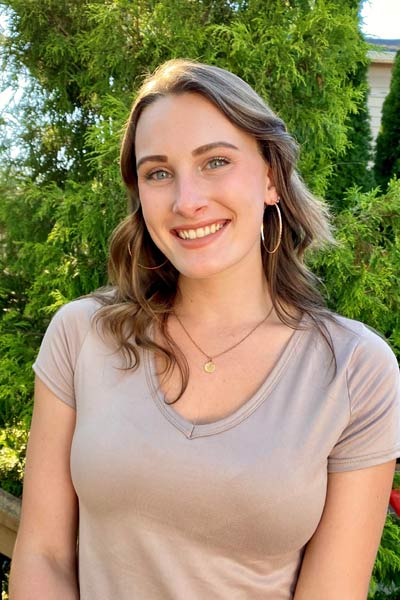INDS B.A.: Social Advocacy and Transformative Justice

Fall 2021 Capstone
My INDS Degree
I’ve always been curious and passionate about a variety of issues related to social injustice in the U.S., and INDS allowed me to craft a degree where I wasn’t restricted to studying just one of those issues from a single perspective. It was through taking classes in the fields of Geography and Environmental Systems, Anthropology, Africana Studies, Sociology, Gender, Women’s, and Sexuality Studies, and American Studies that I came to discover the value of a transformative justice (TJ) framework towards building a more just society. A TJ framework is interdisciplinary by nature and seeks to transform the conditions in our society that reproduce violence and harm, looking at how power operates across and through various systems and institutions. Further, TJ understands the value of community centered and led movements, given that
Post Graduation Plans
I am still trying to figure out what exactly my next steps are after graduation, but most likely I’ll be attending grad school. I am grateful that INDS allowed me to gain insight from a variety of disciplines but am now left with the challenge of trying to decide which route for grad school makes the most sense for me. I’m most interested in either Anthropology, Public Health, Geography, or even attending law school. Given that I am feeling unsure, I will most likely take a gap year to help myself explore which options make the most sense. In that time I would like to work with a community led organization in Baltimore City that is either doing work around building food and land sovereignty or supporting the needs of those who have been impacted by the prison system.
Courses In My INDS Degree
✅ Geographies of Social Injustice: I need an understanding of how social injustices operate geographically. That is, I must be knowledgeable about how U.S. landscapes have been designed and shaped according to racial and class structures, and how this has created environments in which things like pollution, schooling, policing, food access, healthcare, public transportation, housing, and so on vary according to the demographics of a given place.
(GES 302, 329, 342, 400, 424)
✅ Race, Class and Oppression in the US: I need to be knowledgeable about the history of systematic racism and oppression in the United States and understand how policies have shaped the racial and class structures that we see today. I also need to be able to explain how systems of oppression continue to operate in the present and impact historically marginalized groups in the U.S.
(SOCY 201, 321/ANTH 211/AFTS 255, 385/PSYC 387/GES 341, 400, 429/AMST 422, ENGL 493)
✅ Social Advocacy: In order to most effectively address issues of social injustice, I must learn how to be a productive social activist. This means that I need to learn about the best ways to work with communities whose experiences are very different from my own. I also need to be aware of when it is appropriate to take action versus when I should simply just be a listener. It is important that I know how to productively speak about issues that may make people feel uncomfortable.
(GWST 200/SOCY 205, 300/SOWK 250/AFST 271/ENGL 291/MLL 305/GES 441)
✅ Individualized Study: I must be able to coherently explain to people that transformative justice requires addressing social issues at the root, which means transforming and/ or disrupting the many systems that uphold white supremacy and work to further disadvantage historically marginalized groups. Productively doing so entails knowledge of interdisciplinary theories and approaches.
(INDS 330, 335, 399, 400, 410, 480, 490)